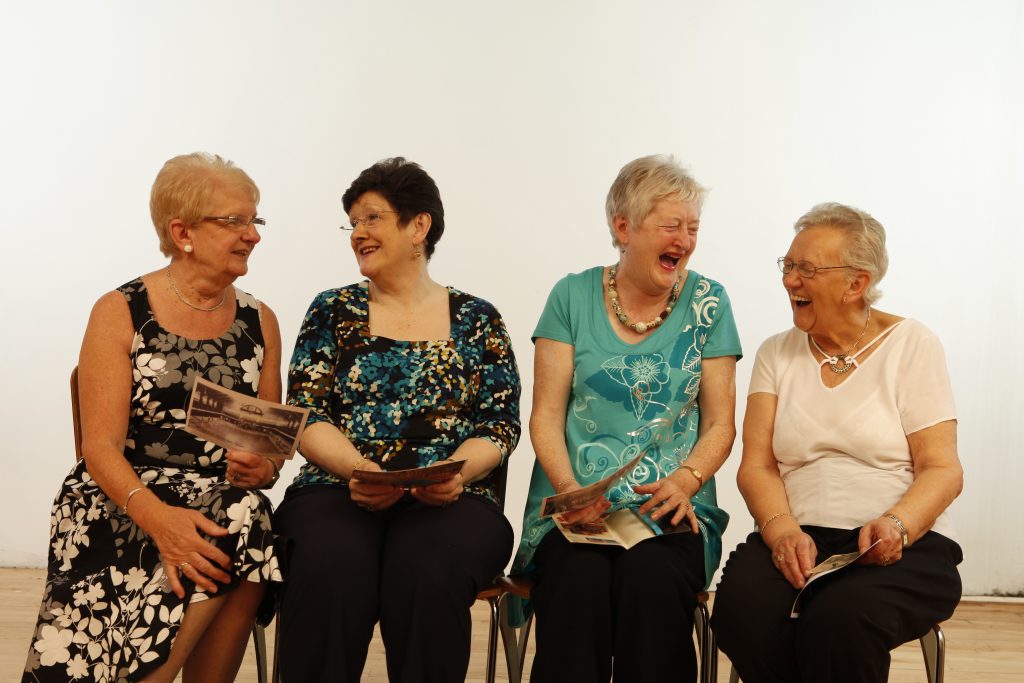The disease affects different social groups differently, but most research participants are well-off and white.
Alzheimer’s, a currently incurable disease that causes ever-worsening memory loss, confusion and speech problems, is the most common form of dementia, a condition which affects one in six of 80-plus year-olds. There are several reasons why it’s considered a big health problem in the UK: the number of cases is going up as life expectancy rises, it’s a particularly emotionally distressing disease for both its sufferers and their loved ones, and people with dementia often require lots of assistance and/or specialist care. 70 percent of care home residents have dementia or memory loss.
Beyond the primary goal of ridding sufferers of the disease, if we could cure Alzheimer’s we could reclaim back all the valuable resources that it currently consumes. Family members could devote less time to caring for relatives and spend more time doing something they love (to boost their happiness) or working more (to boost their household income). Carers and nurses, who are in short supply, could devote their skills and expertise to other patients. And less people in care homes, which cost £27,000-£55,000 a year, would mean less financial pressure on families and/or the state. Lower healthcare costs may also mean the government could lower taxes or spend more money on other things like defence or education.
Unfortunately, no cure for Alzheimer’s has yet been found. But some people think they’ve identified why. Alzheimer’s seems to affect different social groups really differently (which could mean its linked to certain lifestyle choices). It is more common in ethnic minorities, LGBT+ individuals and stay-at-home women for reasons that aren’t yet understood. But these groups are often really underrepresented in clinical trials. That means scientists may be missing crucial data that could help them crack the code.
There are several reasons why this has happened. Under-represented groups are often more likely to distrust attempts to collect data about them (they may, for example, fear having their sexuality or immigration status leaked). Many of these groups are also more likely to be time or money-poor, making it more difficult for them to attend medical sessions. Better financial compensation, a more diverse staff, free transportation and building links to community leaders have been suggested as potential solutions to these problems.
Read our explainer on: groups and communities.

